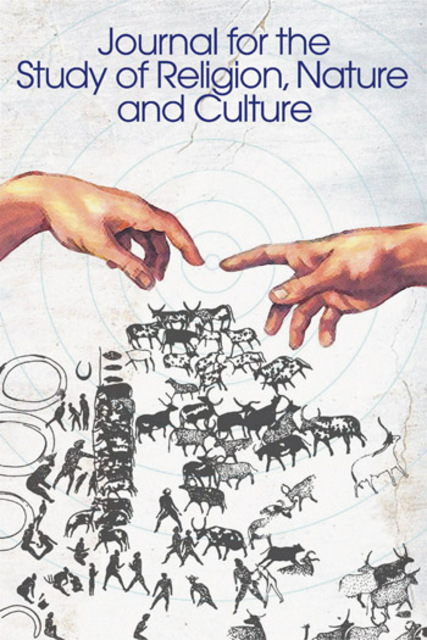‘Who Tells the Raven or the Crane What Will Happen?’ The Biblical Prohibition of Divination Using Birds in Classical and Medieval Jewish Literature

Full description
Using birds for omens (ornithomancy) was common practice in ancient and medieval times. According to the ancient conception, birds indicate that which will happen through their cries and how they spread their wings. Biblical translators of the Septuagint and the Syriac Peshitta, for example, ascribed the biblical prohibition against divination specifically to the observation of birds, probably because of the prevalence of this magical practice in their own times.Maimonides and Nahmanides, two medieval Sephardic rabbis, were conflicted about the validity of ornithomancy. Unlike Maimonides, who claimed that divination with birds is futile, Nahmanides saw this practice as a valid type of wisdom. Nahmanides argued that ornithomancy is based on the belief that astrology and the constellations have an impact on living creatures, and that the process of transmitting information to the birds is mystical and subconscious.
- typeImage
- created on
- file formatjpeg
- file size107 KB
- container titleJournal for the Study of Religion, Nature and Culture
- creatorAbraham Ofir Shemesh
- issn1749-4915 (online)
- issue12.2
- publisherEquinox Publishing Ltd.
- publisher placeSheffield, United Kingdom
- rights holderEquinox Publishing Ltd.
- volume
- doi
We use cookies to analyze our traffic. Please decide if you are willing to accept cookies from our website. You can change this setting anytime in Privacy Settings.
